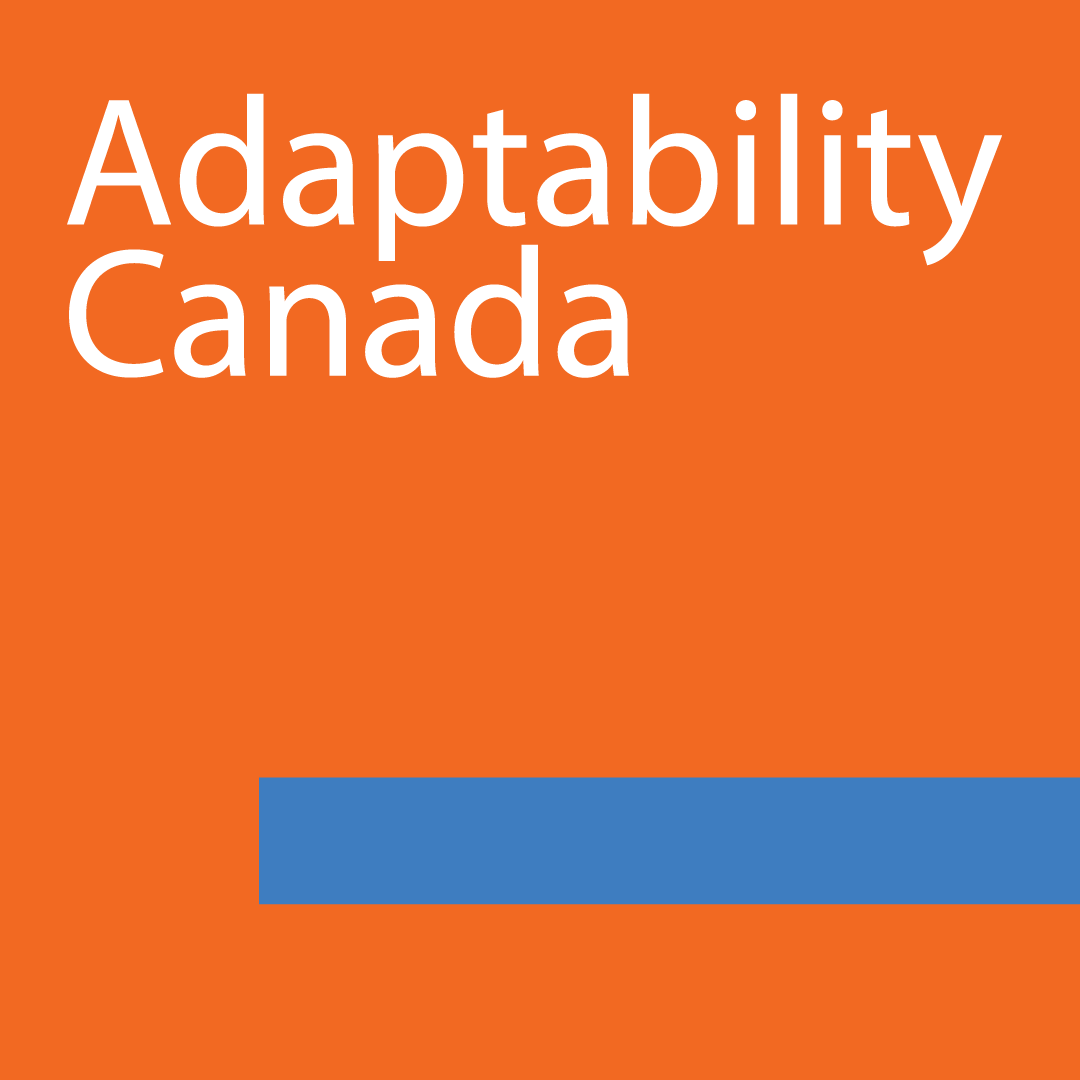
Urgent Action to Remove Accessibility Barriers in Canadian Procurement is Key Message of New Report
Toronto, April 2, 2025 – Newly released, the Accessible Procurement Research Report (APRP) is a comprehensive investigation by Adaptability Canada that identifies significant barriers preventing individuals with disabilities and disabled-owned businesses from fully participating in Canadian procurement processes.
Jeff Wilson, CEO of Adaptability Canada and lead researcher observed, “the APRP identifies that despite 2.5% (22,000 businesses) of all private sector businesses in Canada are majority-owned by people with disabilities, fewer than 50 of these businesses are certified for supplier diversity programs, leaving their potential contributions to economic growth significantly undervalued.”
Available in French and English, the APRP report serves as a vital roadmap for policymakers and business leaders dedicated to enhancing procurement processes and fostering a more inclusive procurement landscape.
“This report is a clarion call for action,” states Brad Brohman, Managing Director of the Inclusive Work and Supply Council of Canada (IWSCC). “Procurement must be a tool for ensuring equal access to the diverse supplier community—most of whom are small businesses delivering exceptional value-for-money,” says Brohman. “Yet, too few disabled-owned businesses are benefiting from these opportunities.”
The APRP report highlights key challenges contributing to this disparity, including fear of discrimination—especially among those with invisible disabilities—and a lack of awareness about available procurement opportunities, both of which hinder disabled entrepreneurs’ participation.
Wilson also noted, “the need for a cultural shift within organizations to foster an environment where people with disabilities feel empowered and safe to engage in procurement remains long overdue.”.
To drive meaningful change, the report urges all levels of government and the private sector to implement the APRP essential recommendations, which include:
- Establishing clear accessibility standards for procurement (examples are provided).
- Simplifying procurement processes to promote inclusivity (case studies are cited).
- Strengthening supplier diversity policies in accordance with the Accessible Canada Act (operational suggestions and recommendations are made).
By embracing these changes, organizations can not only empower individuals with disabilities, but also enhance their own competitiveness and contribute to broader societal equity.
Wilson concluded, “Fair, competitive procurement free of barriers should be a pathway to economic inclusion for everyone. To realize this potential, we must dismantle the barriers that have kept disabled suppliers on the sidelines.”
Building on the theme that collaboration across sectors helps ensure that Canadian procurement incorporates accessibility and inclusivity, the full ARPR report can be accessed at Adaptability Canada free of charge.
Address
hello@adaptabilitycanada.com
2 – 520, Coronation Drive, Toronto, ON, Canada
